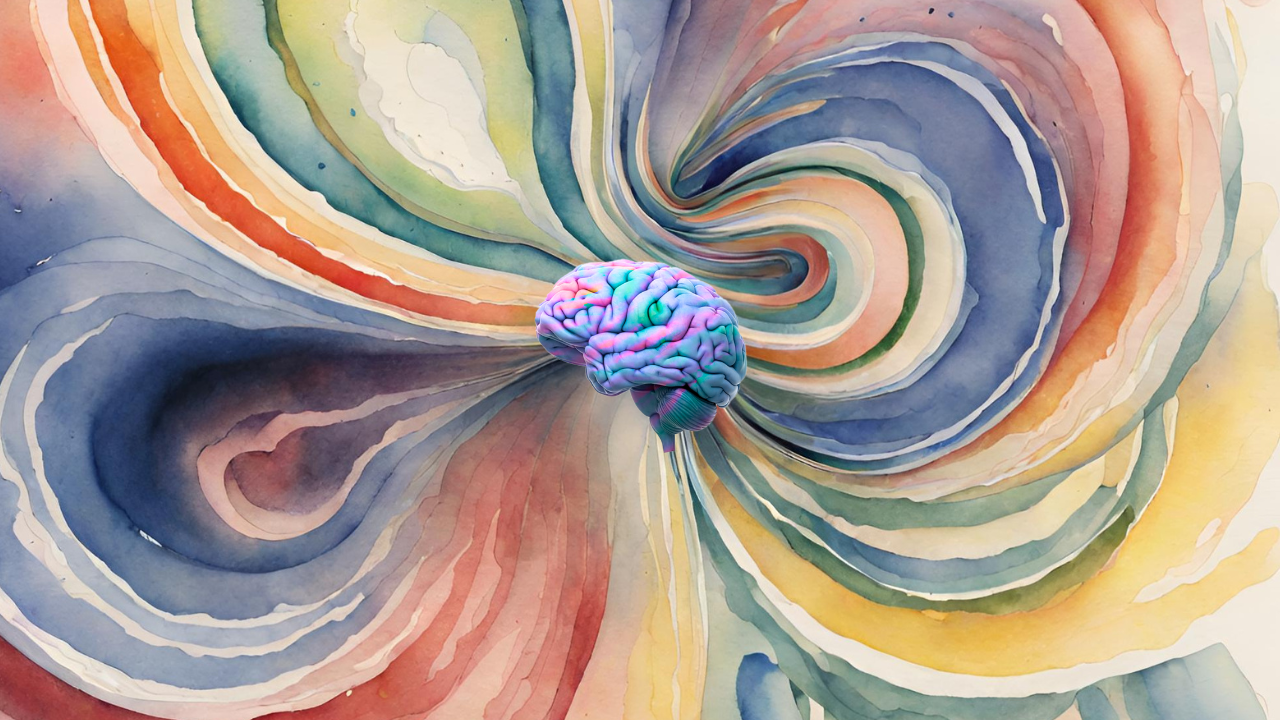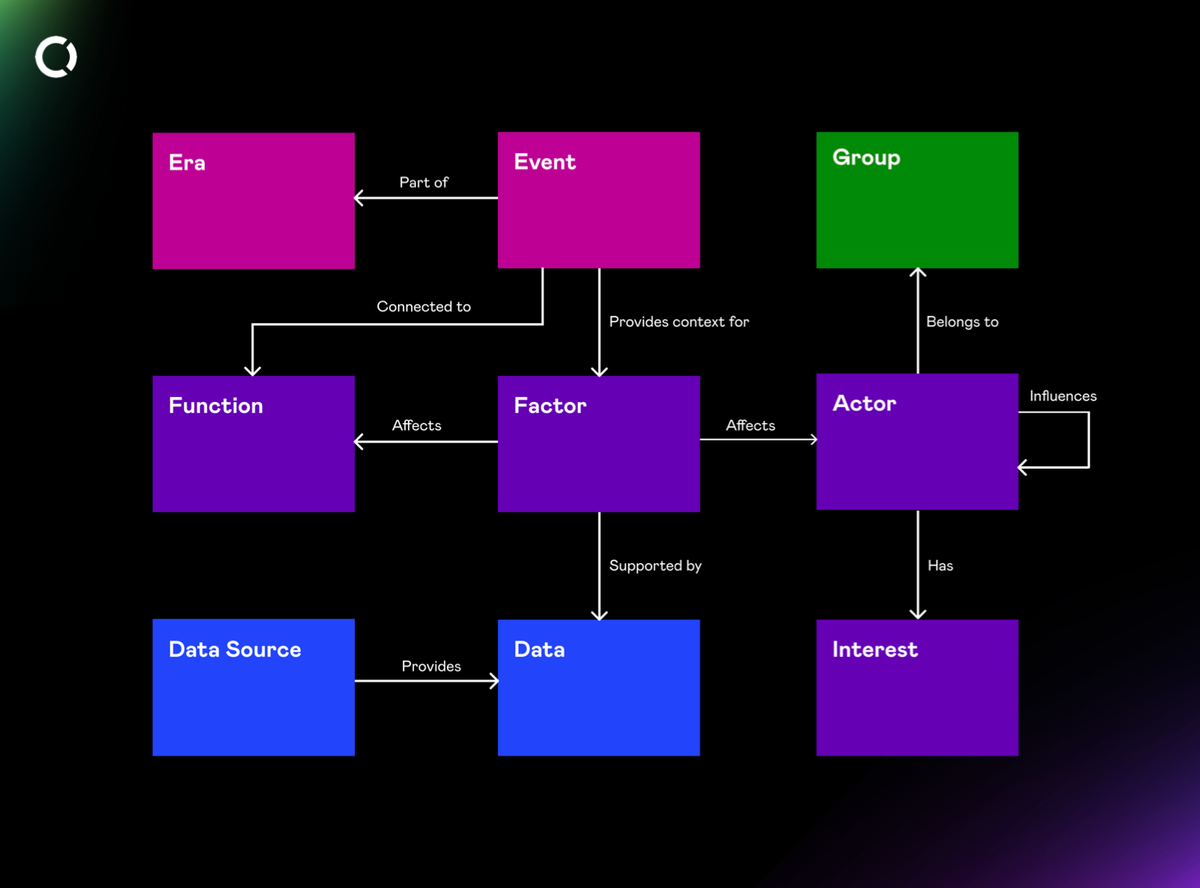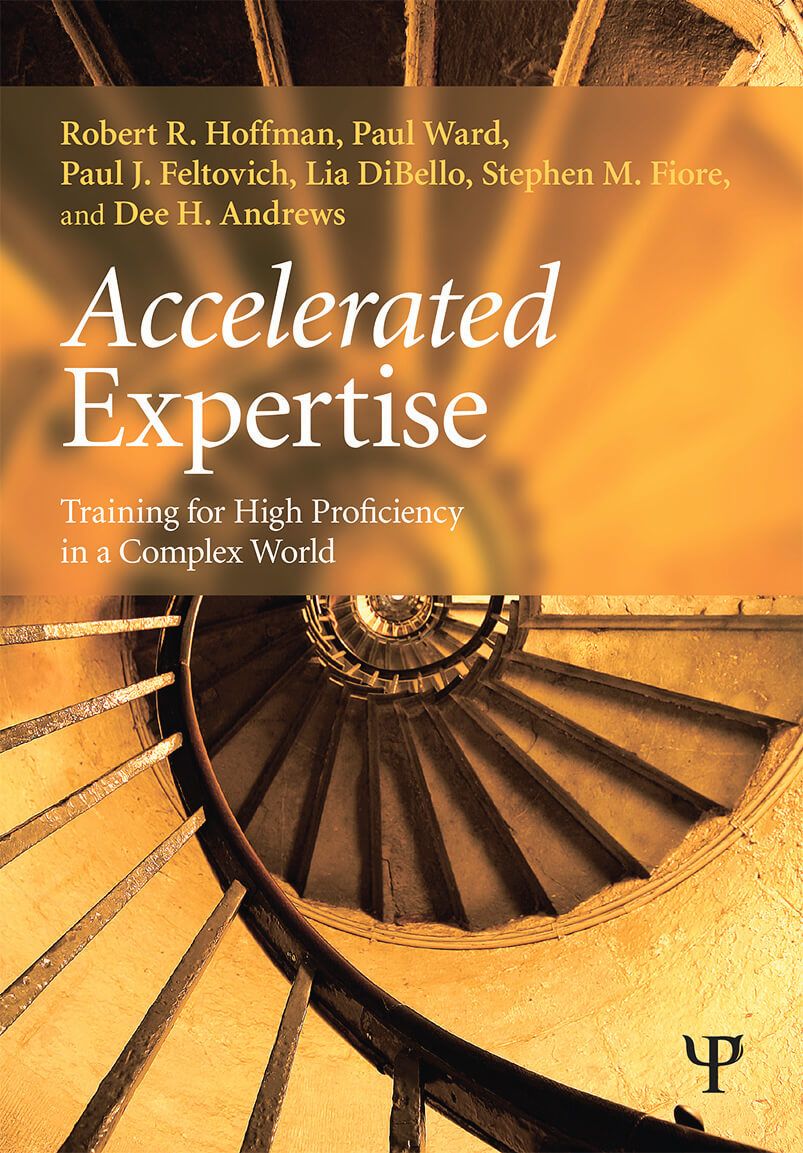The Blueprint for Accelerated Expertise

We live in the Era of Acceleration.
Society transforms at unprecedented speeds. Tech is disrupting established systems and creating constant pressure to adapt.
The rise of the e/acc movement gives us a glimpse of the emerging mindset:
Our survival & thriving is dependent on our ability to ride the waves of full-speed-ahead tech development.
In this new reality, our ability to swiftly develop new expertise becomes our most valuable asset:
- Adapt rapidly
- Be willing to learn, unlearn, and relearn.
- Evolve your expertise at the same pace as the world around you is moving
Are we really prepared for this?
Well, not exactly!
Traditional expertise development methods & frameworks stuck in the XX century. They are struggling to keep pace with the demands of our time.
They are slow, linear & not adjusted for ill-structured domains.
In fact most of our formal education and even much of our lifelong learning focused on well-structured domains.
Think basic math, basic science, language – clear rules, predictable results.
This leaves us unprepared for the messy complexities of ill-structured domains. Domains that are lack of:
- clear-cut solutions
- well-defined parameters
- specific paths to resolution
Domains like:
- Geopolitics
- AI alignment
- Entrepreneurship
- Health & longevity
- Investing & Markets
- Organizational Leadership
To thrive in modern worlds, you need to be able to navigate domains like these. And not in the leisurely phase. It's not an option anymore. You need to accelerate.
Being able to read a warning on a pill bottle or write about a summer vacation is not literacy and our society should not treat it so. Literacy, for example, is being able to fluently read and follow the 50 page argument in Paine's Common Sense and being able (and happy) to fluently write a critique or defense of it.
Today we are getting close to bring Kay's vision to live.
State of today
In recent years, quite a few technologies have emerged that help us to:
- significantly advanced our ability to navigate ill-structured domains
- accelerate the pace of our expertise development
These tech includes:
- Unrestricted, real-time access to the collective knowledge/wisdom of all the greatest thinkers throughout human history
- Human-level AI that is capable of abstract reasoning & grasping complex topics
- State-of-the-art PKM tools like Tana & Obsidian which help us to structure information and synthesize new knowledge
These capabilities revolutionize how we acquire expertise. Put them together and you can get superhuman cognitive powers! And remember: we are only starting to tap into their capacities.
But tech is only a part of the equation.
To fully unlock our potential we need to employ major cognitive science achievements of the recent decades:
- CFT / Cognitive Flexibility Theory
- CTT / Cognitive Transformation Theory
- Metacognitive Theory
Essentially, we have all the components we need to create a new, comprehensive, and efficient methodology for accelerating learning in ill-structured domains!
Blueprint
Here I want to give you a blueprint: 8 principles of accelerated learning you can start applying today.
P1 / Embrace the non-linearity
- Traditional learning usually built around a linear path from point A to point B.
- In ill-structured domains this approach will keep you slow & confused.
- Instead optimize for the active exploration & curiosity.
- Exploration implies active inquiry to discover the nature of problems and phenomena.
- You should be able to freely navigate through the landscape of the unknown in a way that mirrors real-life complexities.
- Expertise development is the process of steady increase of resolution of your understanding (LowRes → HighRes)
- Filling the gaps & updating mental structures as you go.
Study hard what interests you the most in the most undisciplined, irreverent and original manner possible.
- Richard Feynman

P2 / Optimize for active sensemaking
- The complex nature of unstructured domains requires a focus on interpretation and sensemaking.
- Going FROM:
- scattered data
- fragmented information
- raw experience
TO:
- structures
- mental models
- coherent narratives
- Sensemaking is an innate component of active explorative learning.
- Traditional methods fall short in facilitating sensemaking:
- They rely on an oversimplification of complex topics
- They present things as more structured & predictable than they are in reality
- They deprive you of dealing with the complexity of real-world problems
- Optimize for active snesmeaking. Do not cling for what is given, rather actively question & construct understanding.

P3 / Critical analysis is essential
- Self-directed learning requires you to have a disciplined & rigorous approach to thinking.
- It should relies on:
- Continuous questioning and examination of arguments, opinions & claims.
- Identification of underlying assumptions and biases
- Examination of the quality, relevance, and validity of sources and evidence
- All to build a nuanced, comprehensive & fair assessment of the subject at hand.

P4 / View knowledge as computational
- Knowledge is fundamentally computable.
- It means that knowledge could be represented as a set of formal models, structures & instructions.
- Ill-structured domains can be explored & understood through computational tools like:
- Knowledge graphs
- Large Language Models
- Object-oriented ontologies
- These technologies help us to:
- process & structure bulks of information
- discover patterns & principles
- build scaffolding for your understanding
- form better explanations
- They can facilitate abstract & conceptual reasoning.
- Computational methods have a power to augment human learning without replacing the unique aspects of human thought.
P5 / Employ multiple AIs as your personal tutors
- Modern large language models (GPT, Claude, Gemini) are reasoning machines.
- The ability to reason unlocks new opportunities in our expertise development.
- With the right mindset & solid prompt engineering skills, you can employ LLMs as your personal tutors/consultants.
- They can personalize your learning experience based on:
- specific questions
- learning styles
- knowledge gaps
- They can break down complex topics into smaller chunks. Explaining one concept at a time step-by-step, helping you to gradually build your understanding.
- They can provide real-world cases/scenarios that illustrate the concept/idea you're trying to make sense of.
- These real-world examples are not generic but highly customized based on your input.
- Unlike human tutors, LLMs never get tired or frustrated. They are always available to revisit anything & provide additional context as needed.
P6 / Prioritize context
- First principles thinking is important when dealing with ill-structured domains.
- Yet this approach has limitations:
- Many principles can be highly context-dependent
- They can only be understood by studying context rich cases & analogies
- Efficient expertise development method is a balance between learning fundamentals & reasoning by analogy.
- You can utilize principles the CFT (Cognitive Flexibility Theory) here:
- Knowledge should not be decontextualized
- You need to see how concepts apply in various contexts
- And understand them from multiple diverse perspectives

P7 / Build simulations
- Simulations create interactive environments where you can:
- Experiment
- Make decisions
- See the consequences of their actions in real-time
- This experiential learning is crucial in ill-structured domains.
- You can engage with the complexities in a truly hands-on manner.
- Well-designed simulations:
- compress and condense experience
- provide direct feedback
- reinforce the ability to apply knowledge
- Simulations should closely resemble real-life scenarios.
- The knowledge acquired should be directly applicable & relevant.
P8 / Find your tribe
- We are social social animals.
- Our brain is wired to learn by & with:
- Empathy
- Interactions
- Copying
- Discussion
- Play
- Human minds thrive being exposed to variety & diversity of thinking.
- Three key factors come to play:
- Connectivity
- Collaboration
- Co-creation
- By engaging with them, higher levels sensemaking become available.

Final thoughts
There's a lot to unpack within each of these principles, and I plan to explore them in greater depth in future articles.
For me personally, adopting these 8 has been transformative!
My learning process became more efficient & more fun.
And "clicks of understanding" are happening more frequently for sure.
Are you looking to acquire new expertise related to your domain/business?
Or maybe you want to continue to progress as a lifelong learner & polymath?
In any case I encourage you to try to apply a few of them. You might be amazed by the discoveries you make along the way.
Explore further
There is an amazing book on the topic: Accelerated Expertise. Training for High Proficiency in a Complex World. And here is a great summary:

ABOUT THE AUTHOR
Andrew Altshuler is a researcher & educator.
He started his PKM journey 16 years ago.
Since then, he become obsessed with knowledge systems & tools for thought.
Andrew is:
- Co-founder of Collider
- Tana Navigator
- Creator of Advanced Knowledge Systems in Tana course




